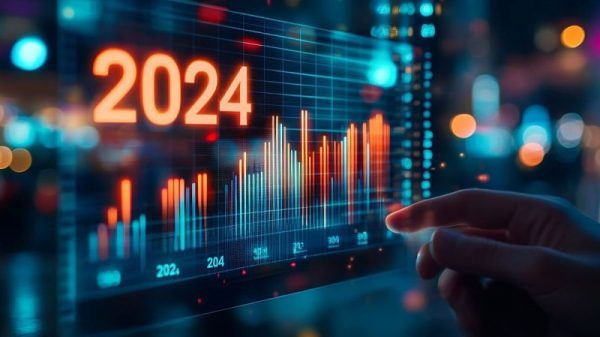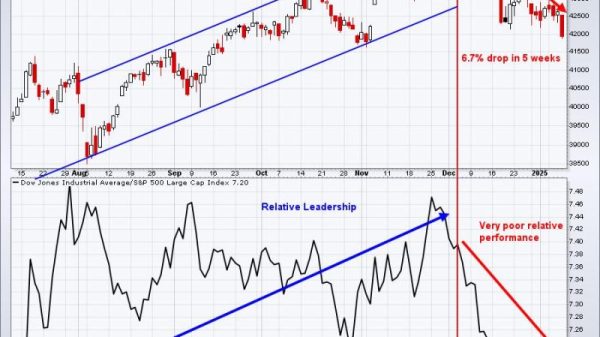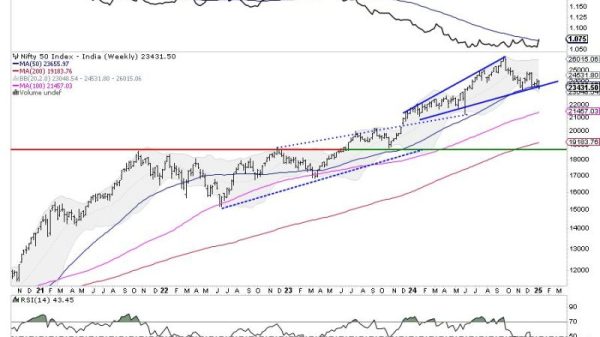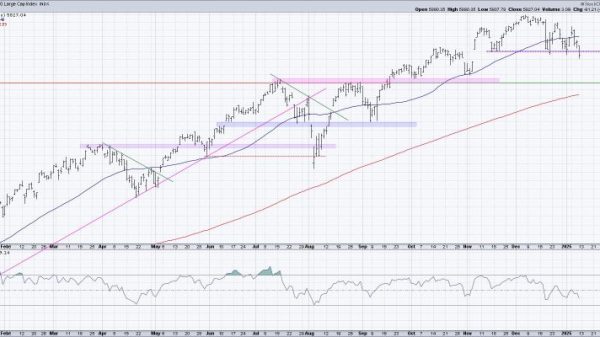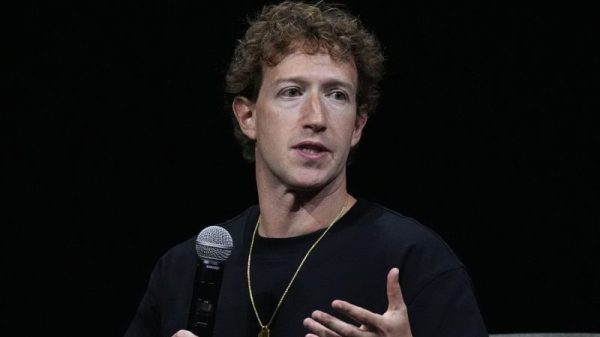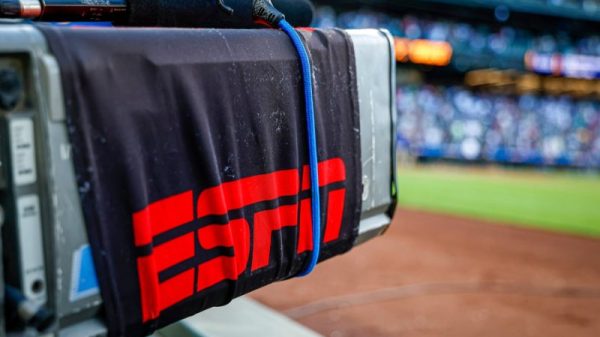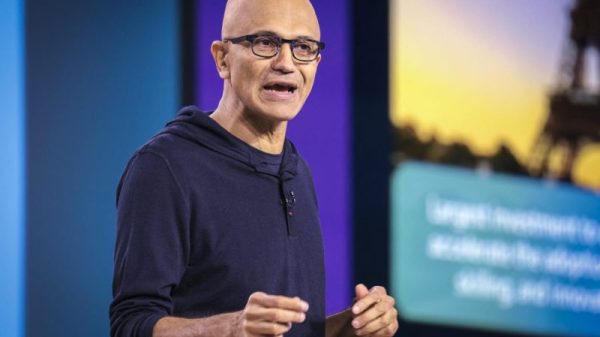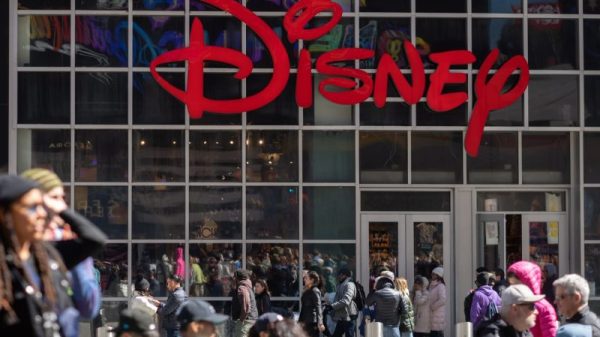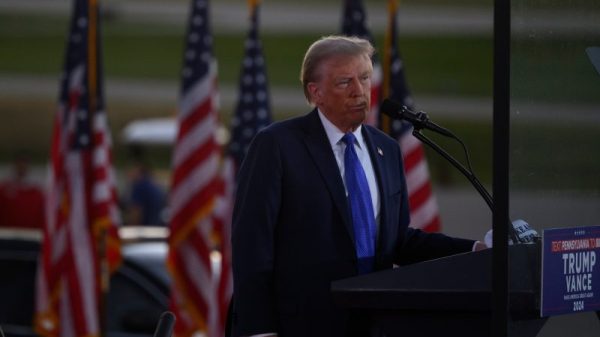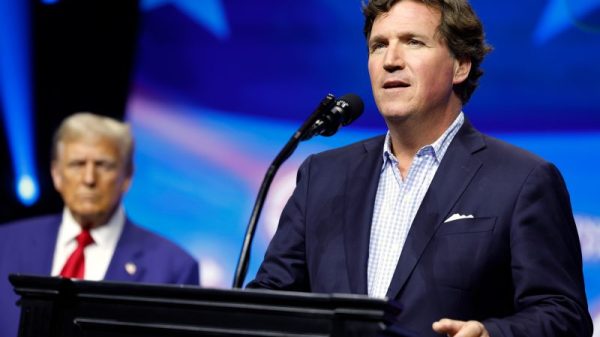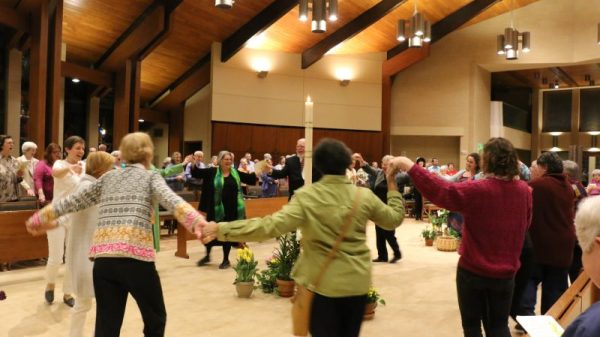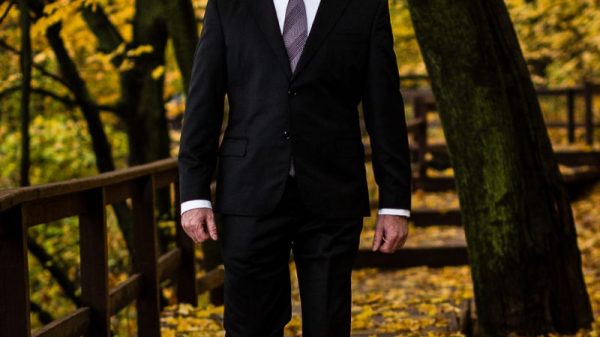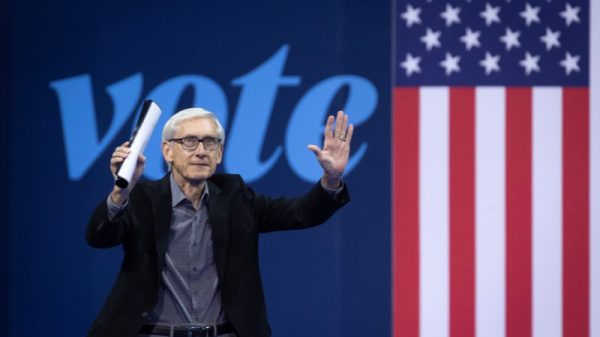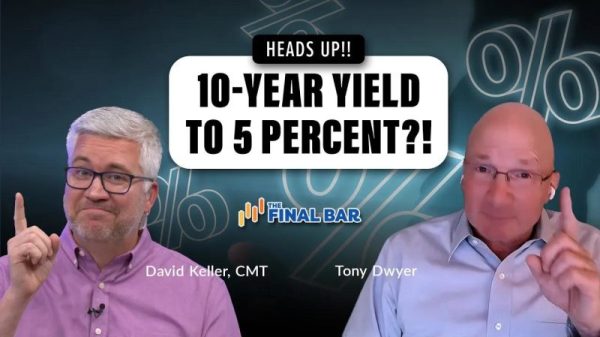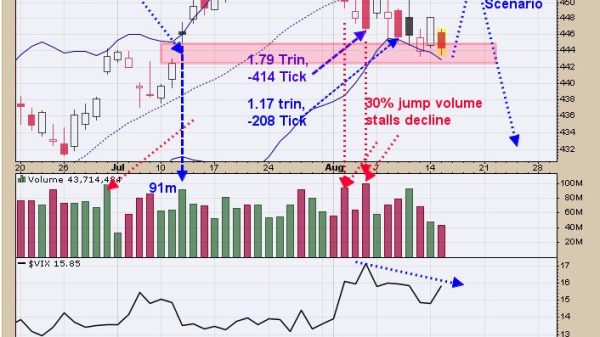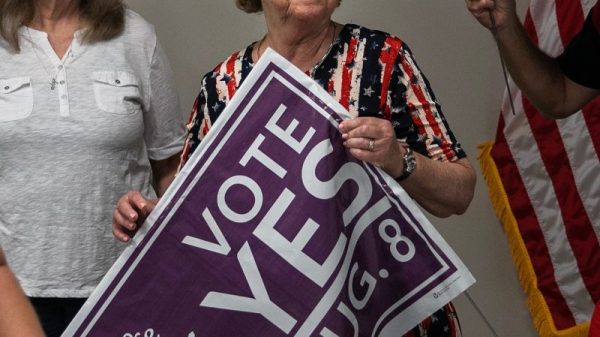President Biden won the Democratic primary in South Carolina on Saturday, notching a decisive victory in his party’s first official nominating contest.
The Associated Press called the race shortly after polls closed Saturday night. Biden entered the day as a massive favorite over two long-shot rivals, Rep. Dean Phillips (Minn.) and self-help author Marianne Williamson, in a state that was key to turning around his campaign four years ago. He is heavily favored to win renomination, even as he battles low approval ratings and concerns percolating in his party about how he would do in a general election.
The incumbent’s team hoped a big win would springboard his campaign in the states ahead with a show of strength and quash intraparty doubts about some polling that has shown him trailing former president Donald Trump in a potential rematch. Saturday’s vote was also expected to provide a measure of Biden’s standing among Black voters, who helped propel Biden to victory and made up 56 percent of Democratic primary participants in the state four years ago, according to exit polls.
With about 75 percent of the vote tallied, Biden held a commanding advantage, garnering more than 96 percent of the vote, according to the AP. Phillips and Williamson were each at about 2 percent.
On Saturday night, Biden’s allies cheered his success at a watch party in Columbia, where Rep. James E. Clyburn (S.C.) praised the Democratic audience’s “tremendous” effort and put the president on speakerphone with the cheering crowd.
Biden later released a statement declaring “the people of South Carolina have spoken again and I have no doubt that you have set us on the path to winning the Presidency again — and making Donald Trump a loser — again.”
For the first time, South Carolina was at the top of the Democratic nominating calendar, moving ahead of two states with considerably less racial diversity. The state was pivotal to Biden’s 2020 nomination, and leapfrogged Iowa and New Hampshire at the behest of the president and his allies.
Seeking to counter a decline in approval for the president among some Black voters, the Biden campaign has underscored actions the administration has taken to help benefit Black communities. But some concerns about struggles to overhaul policing laws and protect voting rights remain a hurdle, operatives say.
The state Democratic Party announced earlier Saturday that 51,710 people voted early or absentee — a 33 percent decrease from 2020, which was a more competitive primary. Black voters made up a larger share of the early and absentee vote compared with 2020, increasing by 13 percent, according to the state party.
Voters can choose to participate in either party’s primary in South Carolina, with the Republican contest scheduled for Feb. 24. Some Democratic voters have said they are considering casting a ballot for Nikki Haley, the former South Carolina governor, who is far behind Trump in the GOP contest.
Gibbs Knotts, a College of Charleston political scientist, said the turnout appeared to be lower due to the lack of competitiveness in the race. That could be helpful in the Republican primary later this month to Haley, who could draw on the voters who lean left but didn’t participate in the Democratic primary, as she mounts an uphill challenge against the clear front-runner Trump, Knotts said. In advance of the Democratic primary, some voters received texts encouraging them to wait for the Republican primary and vote for Haley.
“If the turnout is low here, it probably gives the Haley camp a little bit of hope,” said Knotts.
In recent weeks, Biden, first lady Jill Biden and Vice President Harris campaigned in the state and made the case the administration has prioritized affordability, such as cutting the price of insulin; driven Black unemployment rates down to the lowest level in history; and contrasted sharply with a Trump presidency that they have argued would threaten Social Security and health care through the Affordable Care Act.
Biden told the audience at South Carolina’s First in the Nation Dinner last Saturday that voters in the state are well positioned as the first state to award Democratic delegates to “finish what we started.”
“The truth is I wouldn’t be here without the Democratic voters of South Carolina, and that’s a fact,” he said to applause from the mostly Black audience. “So, I want to start with a very simple message: From the bottom of my heart, thank you, thank you, thank you.”
Phillips and Williamson have challenged the incumbent, in part arguing that they would be better positioned compared with Biden to take on Trump, but the rivals have yet to make a dent in Biden’s firm Democratic support. Phillips acknowledged his long-shot odds ahead of Saturday’s vote and said he plans to focus his efforts in Michigan, the next state in which he’s on the primary ballot, where Arab and college-aged communities have expressed some concerns about Biden.
The third-term congressman joked on X, formerly Twitter, about his significant defeat once 1,000 votes had been counted for him.
“Cracking four digits never felt so good!” he wrote Saturday night. “Congratulations, Mr. President, on a good old fashioned whooping. See you in Michigan.”
But Phillips also attacked Biden on turnout, arguing “voters are disappointed that they lack options beyond the choice between a threat to the fabric of the nation and a good man who voters want to pass the baton.”
Phillips and Williamson were not expected to find a large share of Democrats looking for an alternative in a state where Biden has the backing of longtime Democratic leaders, including Clyburn and Democratic National Committee Chairman Jaime Harrison.
Phillips spent the past week traveling to California and Texas to fundraise and in Washington for official duties, according to senior campaign adviser Jeff Weaver, who called South Carolina “Biden country.”
Danielle Vinson, a political science professor at Furman University, said Phillips’s scant support indicates there is little interest in a Biden alternative in the state.
“While some folks might not be excited about Biden, they also aren’t so worried about him that they are seriously looking for alternatives,” she said.
Democrats close to Biden pointed to the president’s win in New Hampshire’s unsanctioned primary on Jan. 23, where he got about 64 percent of the vote despite not being on a ballot or campaigning in the state, far ahead of Phillips, who spent months in the Granite State and received less than 20 percent. (The DNC has said it will not seat New Hampshire delegates at the convention because the state ignored the party’s new nominating schedule that put South Carolina first.)
On Saturday, Biden traveled to Los Angeles for a campaign event with Black entertainment executives, while Phillips was slated to be in Washington and New York.
Some voters told The Post that they ultimately felt like Biden provides the best chance to defeat Trump, pointing to how Biden won in 2020.
When Rose Marie Holman, a 76-year-old Charleston voter, listened to Phillips speak at a Democratic event in November, she nodded along as he discussed the need for new faces in their party. But Holman ultimately cast an early ballot for Biden because she thinks he has the best chance of protecting democracy, a top concern of hers.
“I’m going to stick where I feel comfortable right now,” she said.
The Rev. Thaddeus Smith, who voted for Biden, said he’s heard from other young people that they want to see Biden do more to extend student loan relief, lower housing costs, encourage a cease-fire in Gaza and legalize marijuana. But Smith has told them that neither Trump nor Haley would be any better.
“I’m encouraging people to go out and vote for the Biden administration,” Smith said, “because does the alternative outweigh him not being elected to a second term?”
Michael Scherer, Tyler Pager, Cleve R. Wootson Jr. and Toluse Olorunnipa contributed to this report.




